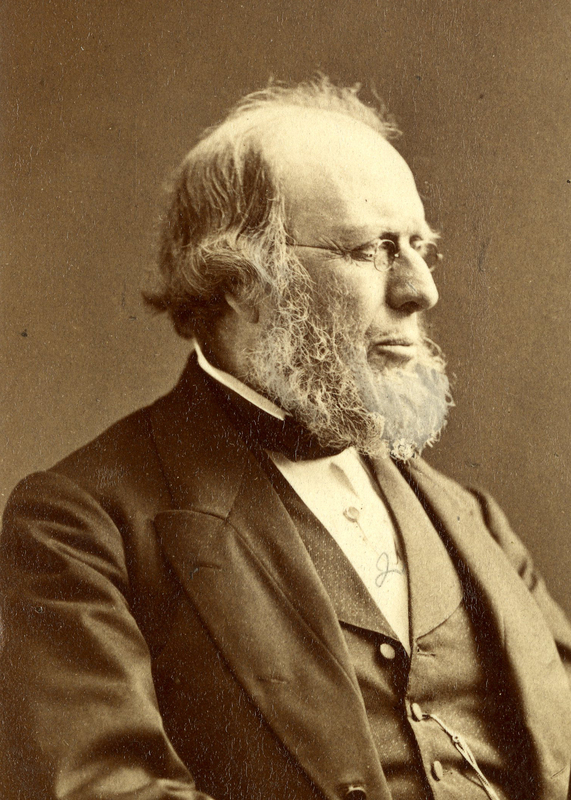Homeopathy in the United States
Hans Burch Gram (1786-1840) is considered the pioneer of homeopathic practitioners in America, and The characteristic of homöopathia, his 1825 translation of a Hahnemannian pamphlet, started the movement and was the first publication in the country on the subject.
The homeopathic medical movement is unusual in that it developed in the recent historical era, with its origins traced to the last years of the 18th century. Consequently, in 1905, when Thomas Lindsley Bradford, one of the contributors to William Harvey King's History of homeopathy and its institutions in America, wrote of developments in the Bay State, he could speak with reasonable authority regarding the experiences of the first practitioners in not only Massachusetts but also individual cities and towns, obtaining firsthand information from those who lived through the events.
Along with Vermont and New Jersey, the beginnings of homeopathic medicine in Massachusetts can be traced specifically to 1838. The first known homeopath and, indeed, apostle of the movement, was Dr. Samuel Gregg (1799-1872). Gregg received a medical degree from Dartmouth in 1825 and then practiced in Medford. During the winter of 1837-1838, dissatisfied with his ability to treat patients with success and certainty and having spoken with others who were enthusiastic about "the wonderful effects of the little pills,"Samuel Gregg came under the influence of a New York homeopath, Federal Vanderburgh (1788-1868) and was converted to the homeopathic system.
Thirty years later, Gregg recounted the experience of his conversion and his consequent success: "I had a reasonable share of patronage in my allopathic practice,--for I do not know but I was as successful as most of my contemporaries,--and, when I told my patrons I had more confidence in the new system than I had in the old, they were generally willing to abide my decision; and, after having once made the experience, I have since seldom found any one willing to return to the old-school treatment of disease." Of Samuel Gregg and his work, E. U. Jones, in "The early history of homeopathy in Massachusetts" (1871) said he, "has ever since enjoyed a large and lucrative practice, and better than that, the respect and filial esteem of every homeopathic physician who has made this state his home. No man has more largely affected the interests of our cause, and to none is it dearer. Many of those who now stand high in our ranks were taught in his office, and very many more received from him counsel and assistance."

